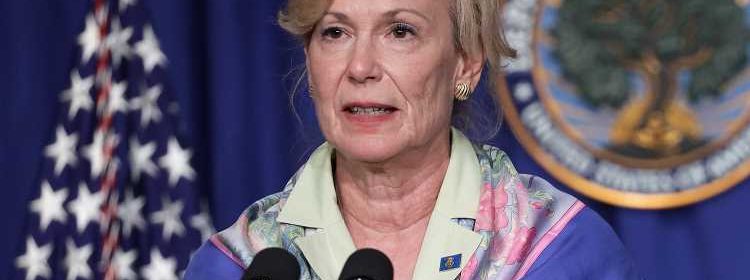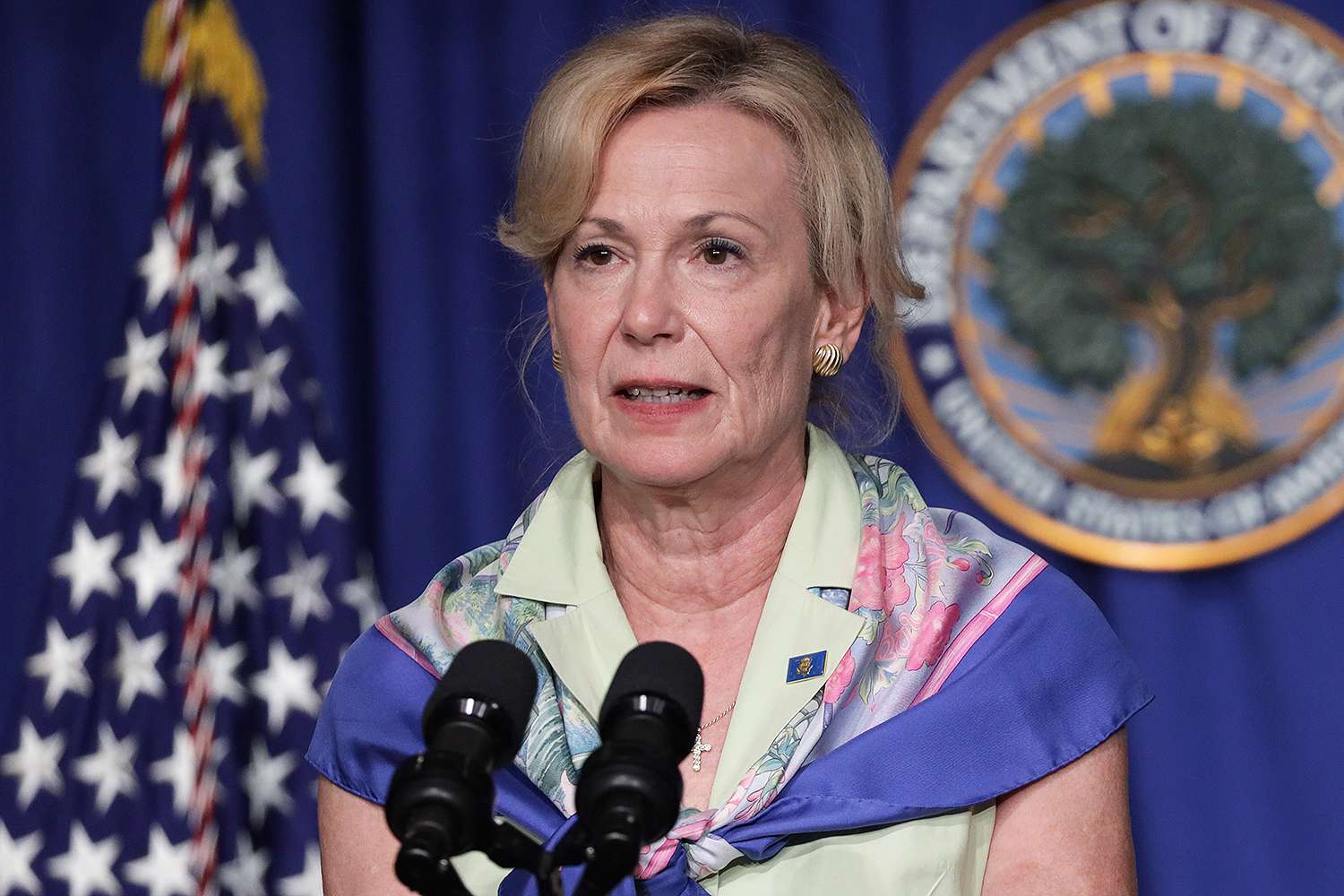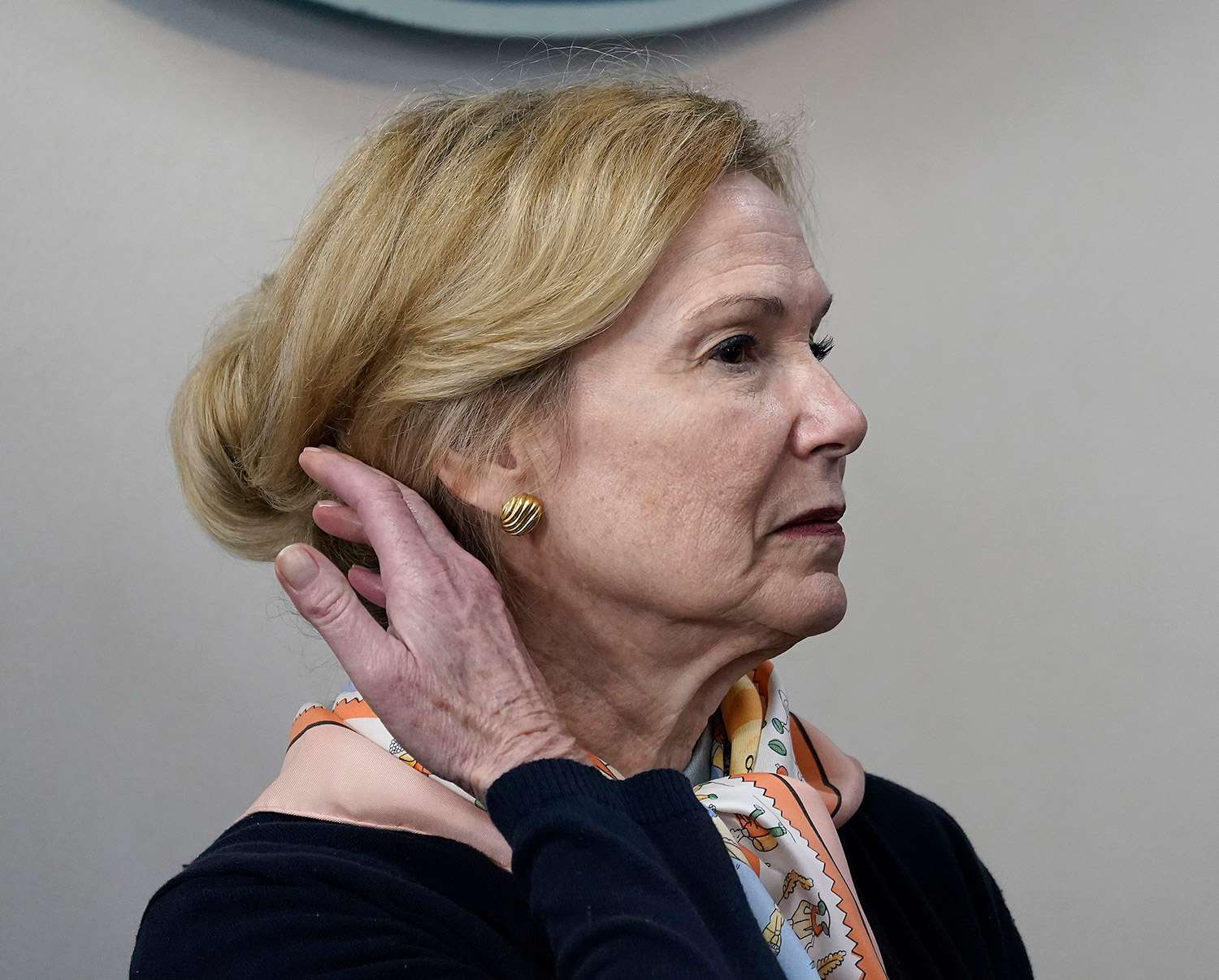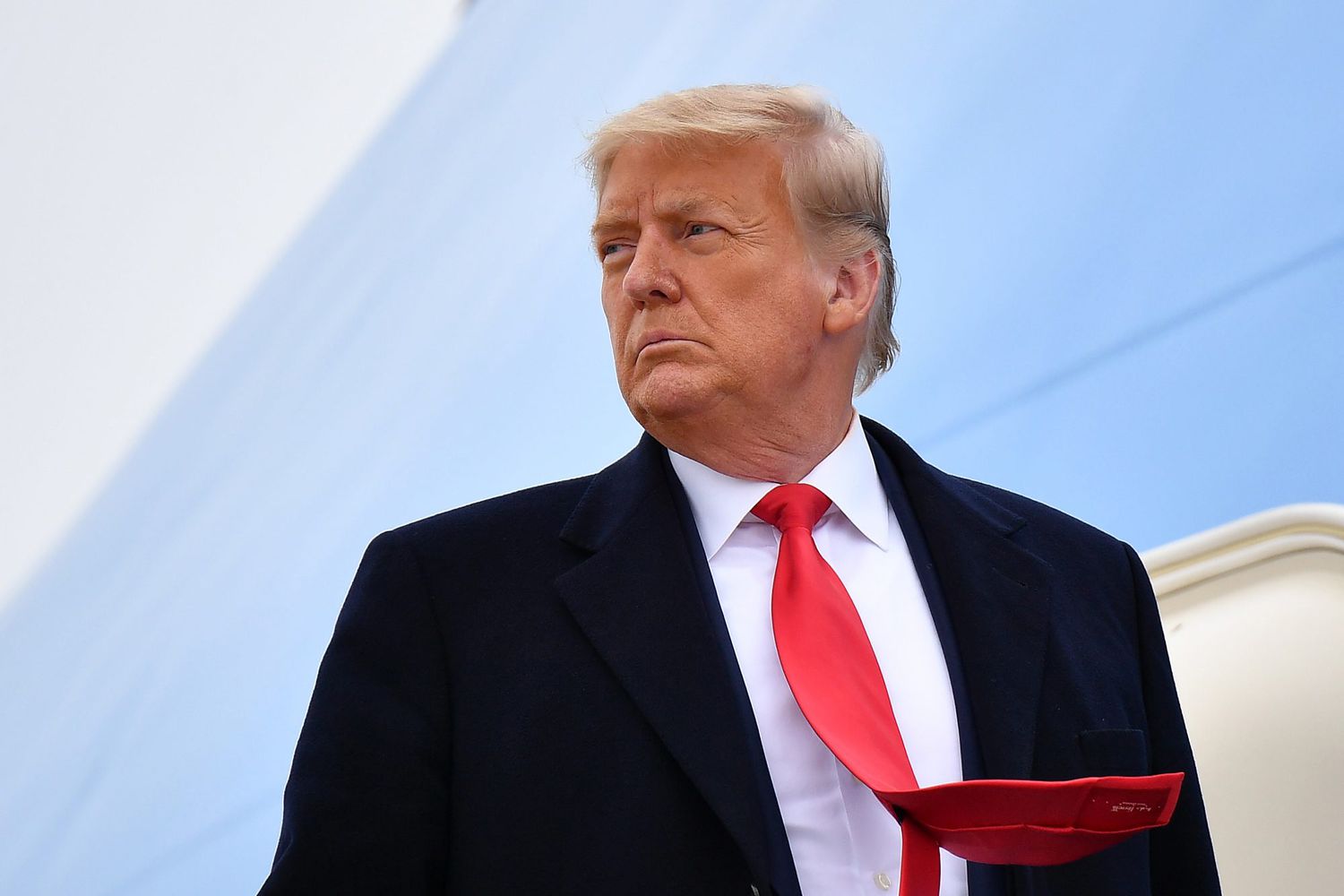Dr. Birx Remembers When Trump Suggested Injecting Disinfectant to Kill COVID: 'Extraordinarily Uncomfortable'

Then-President Donald Trump's suggestion at a press conference last year that injecting disinfectants could maybe kill COVID-19 did more than provoke head-scratching among viewers.
Dr. Deborah Birx, who was Trump's coronavirus task force coordinator, said she still thinks about those remarks.
"Frankly, I didn't know how to handle that episode," Birx said during a Monday interview with ABC News. "I still think about it every day."
Trump's now-notorious musings came during a White House briefing on April 23, 2020, in the early days of the COVID-19 pandemic in the U.S.
"I see the disinfectant, where it knocks it [the virus] out in a minute. … Is there a way we can do something like that, by injection inside or almost a cleaning?" the president said then, with Birx sitting nearby. "Because you see it gets in the lungs and it does a tremendous number on the lungs. So it would be interesting to check that."
Elsewhere in the briefing, Trump also wondered aloud about the possibility of using a "very powerful" light to destroy the virus.
"So I asked a question that probably some of you are thinking of, if you're totally into that world, which I find to be very interesting. So, supposing we hit the body with a tremendous — whether it's ultraviolet or just very powerful light — and I think you said that that hasn't been checked, but you're going to test it," Trump said, gesturing toward William Bryan, then the under secretary for science and technology at the Department of Homeland Security.
Trump continued: "And then I said, 'Supposing you brought the light inside the body, which you can do either through the skin or in some other way,' and I think you said you're going to test that too. It sounds interesting."
Birx's reaction to Trump's comments — close-up footage shows her appearing to tense up before glancing down as he continued speaking — quickly went viral.
Speaking with ABC News this week, Birx acknowledged that the moment was an uncomfortable one.
"That moment obviously — there's a lot of tape on that, you can see how extraordinarily uncomfortable I was," she said. "Unfortunately he was not speaking to me. He was speaking to the DHS scientist who had presented the data, and then when he did turn to me, I said, 'Not a treatment.' "
"I have spent almost 30 years in the military," she continued. "I worked for every president from Jimmy Carter up and through President Bush — in the military, serving them as commanders-in-chief. Those of you who have served in the military know that there are discussions you have in private with your commanding officers, and there's discussions you have in public."
According to her biography on the Department of State's website, Birx began her career with the Department of Defense and served as an active-duty reserve officer in the Army, eventually rising to the rank of colonel while serving as the director of the U.S. Military HIV Research Program at the Walter Reed Army Institute of Research.
She was also a protege of Dr. Anthony Fauci, the country's top infectious disease expert who advised both Trump and now Joe Biden on COVID-19.
Her years in the military, Birx told ABC News, meant that she wasn't comfortable interrupting the president to correct him during his digressions last April.
"I guess some people thought I should run up on stage and interrupt this dialogue that was going on between the DHS scientist and the president, but I was just not trained in my years of training to react that way," she said.
The Trump White House later said that his disinfectant comments were taken "out of context" and he has maintained he was joking, despite there being video of the exchange.
Birx retired with the transition between Trump and Biden.
As information about the coronavirus pandemic rapidly changes, PEOPLE is committed to providing the most recent data in our coverage. Some of the information in this story may have changed after publication. For the latest on COVID-19, readers are encouraged to use online resources from CDC, WHO, and local public health departments and visit our coronavirus hub.
Source: Read Full Article



